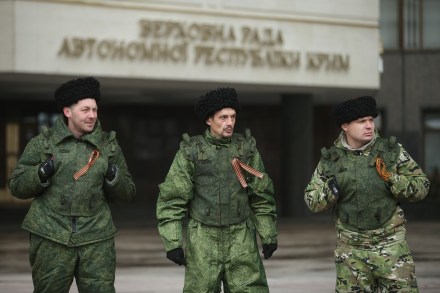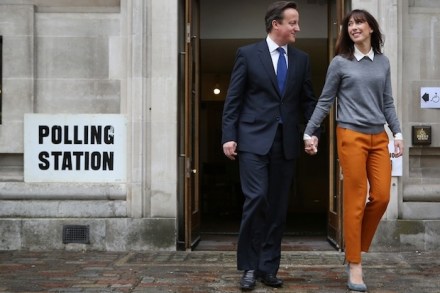Jobs for the girls | 13 March 2014
Martin Vander Weyer tells an interesting tale in his Any Other Business column this week of Business Secretary Vince Cable demanding that companies appoint more women to senior positions: ‘The Business Secretary has been busy behind the scenes, too. “We had a letter from Vince telling us we should appoint a female non-exec…” one chief executive told me last week “…and we’ve found a really good one, totally one of the boys, she even likes shooting.”‘ Martin points out that Cable’s campaign is ‘about equality for its own sake rather than the distinctive qualities of female decision-making, and the otherwise already emancipated objects of his support feel themselves patronised’. He



















